See the future with the 2025 Hospitality Outlook
Our industry is poised for transformative changes in 2025, shaped by global dynamics, technological advancements and evolving guest expectations.
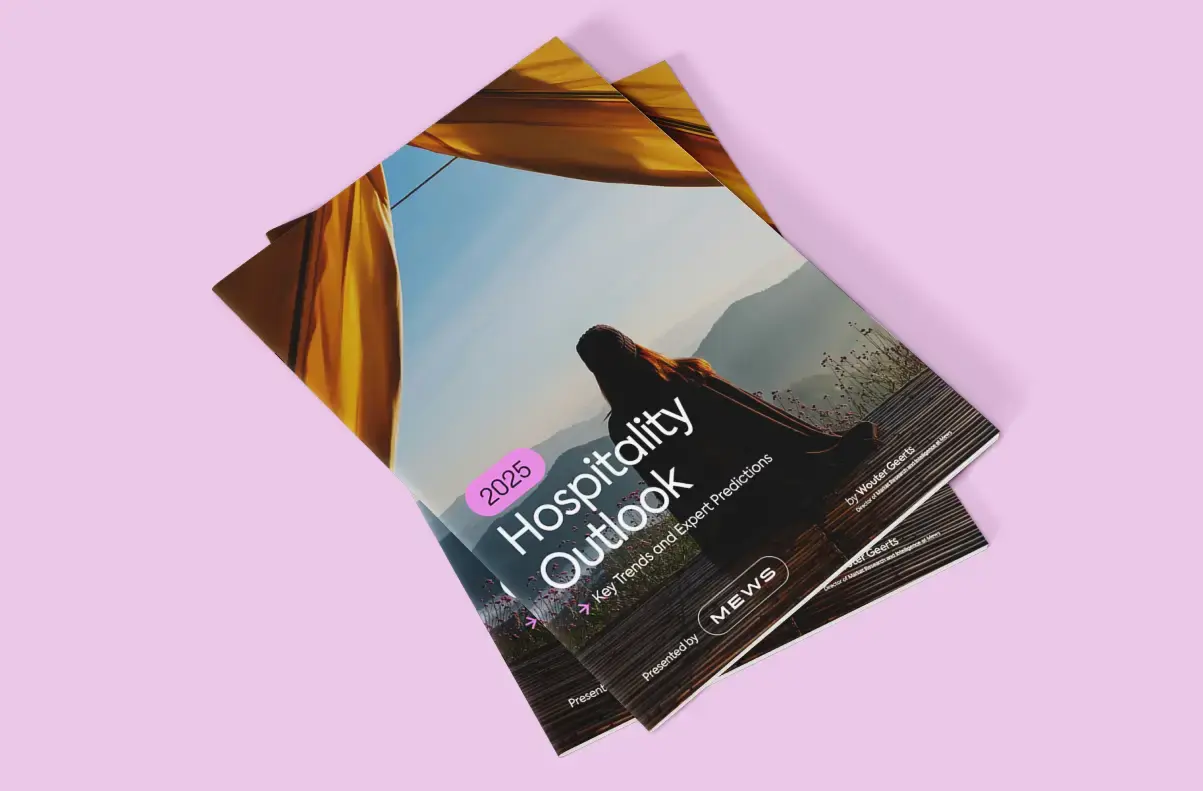
Our industry is poised for transformative changes in 2025, shaped by global dynamics, technological advancements and evolving guest expectations.

KPIs for the hotel industry are values or metrics that measure the performance of a particular area of hotel operations – or the property as a whole. They ensure clear visibility on the functionality and sustainability of your business within the hospitality landscape.
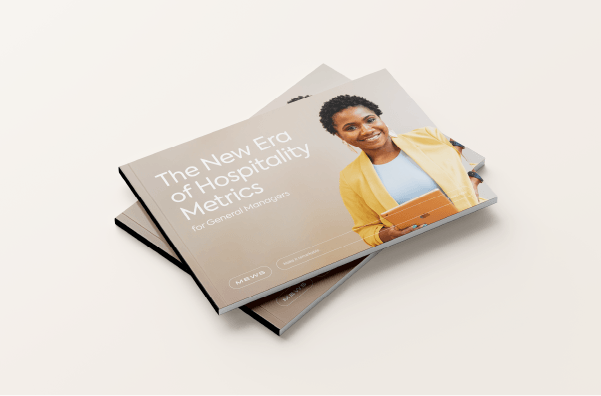
If you’re a General Manager, you already have a good sense of how your property is performing. Through a combination of experience, intuition and walking around day-to-day, you have a gauge of how busy you are, the happiness of your staff and the experiences of your guests.

First impressions can make or break a guest’s experience, and the way in which you are greeting guests is critical as the first point of onsite contact. Your greeting is a way of making a hotel guest feel at home right away, so be sure to make it count.
All posts





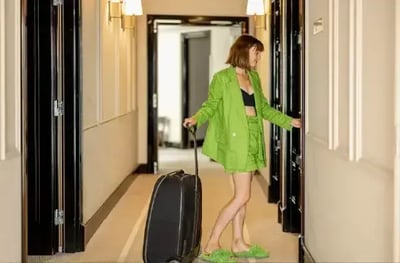

%201203x791%20-%20Latest%20Post-50.webp?width=400&height=263&name=The%20ultimate%20guide%20to%20Revenue%20Management%20Systems%20(RMS)%201203x791%20-%20Latest%20Post-50.webp)





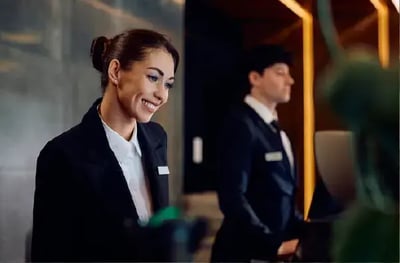









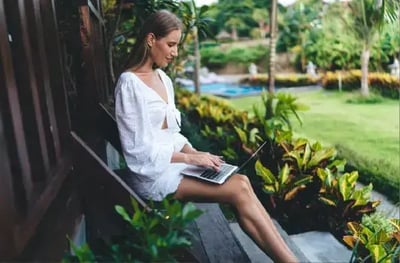
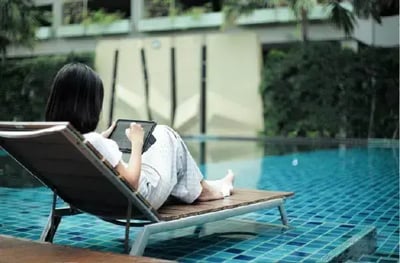
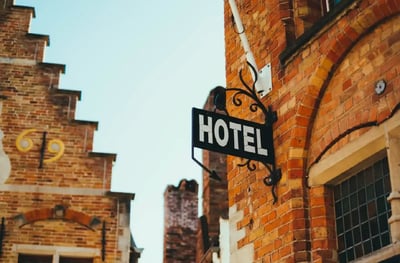




.webp)
Make it remarkable.
Ready to take the first step towards a more efficient, flexible, guest-centric approach to hospitality?
Cookie management
Here you can manage your preferences regarding cookies:
Essential cookies
Essential cookies enable core functionalities of the website such as marking your data inputs, network management and accessibility.
Functionality cookies
These cookies allow a website to remember choices you have made in the past, like what language and currency you prefer, remember your name and email and automatically fill forms.
Analytical cookies
Analytical cookies help us improve our website by collecting and reporting information on how you use it.
Advertising cookies
Advertising cookies for delivering tailored and customized advertising.